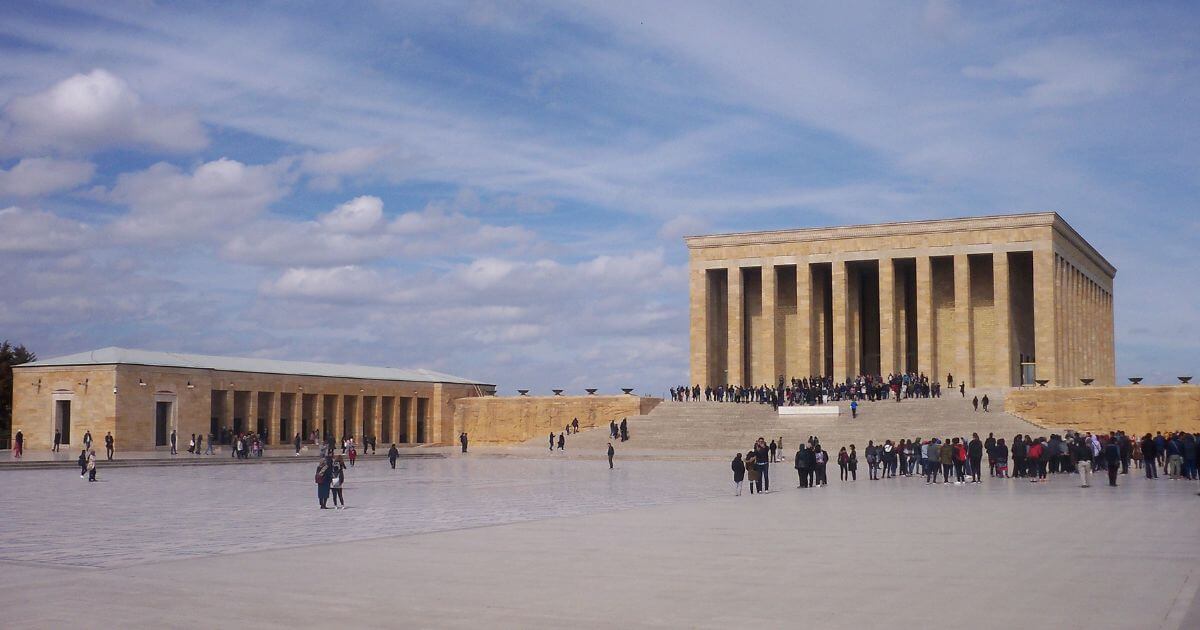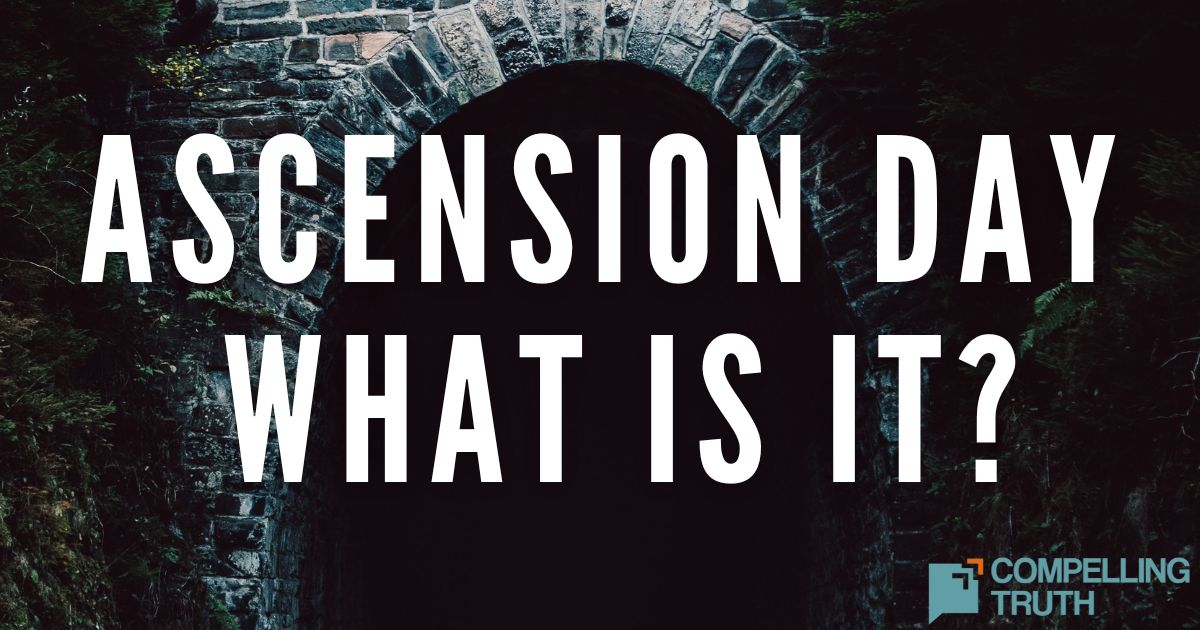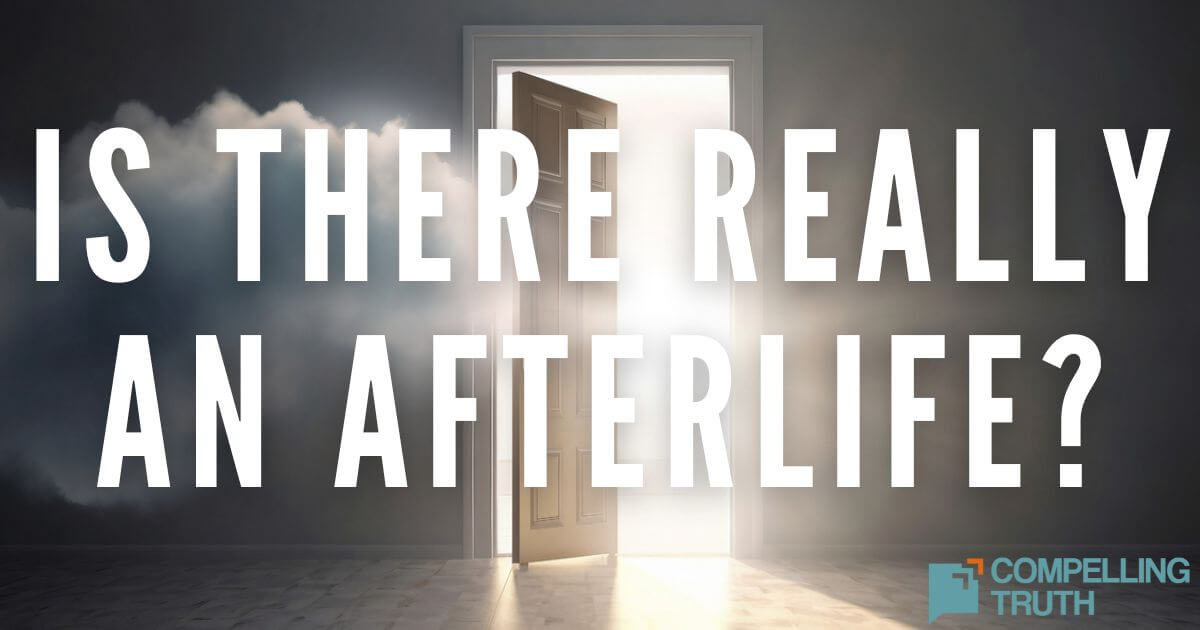Although teachings of the Bible and the early church regarding cremation are a bit vague, burial customs tended to reflect the worship of God in the context of cultural norms. While burial is exemplified throughout Scripture, it is not demanded. In fact, when King Saul and his sons’ deceased bodies were dishonorably treated by their enemies, “valiant men” retrieved their bodies and burned them so as to honor their lives (1 Samuel 31:8-13). David goes on to praise the actions of those men who took Saul and his sons’ bodies (2 Samuel 2:5-7). Additionally, during Old Testament times, to have no kind of burial, or to be devoured by wild animals were considered dishonorable (1 Kings 14:11; 2 Kings 9:30-36; Jeremiah 16:4). In the New Testament, the early church viewed burial as an expression of faith in Jesus' redemption of the physical body. However, burial was/is not scripturally mandated. If we are not sure how we should honor the body of a deceased person, we should pray to God for wisdom on the matter (James 1:5).
Some Christians express concerns about cremation due to beliefs that burial better honors the body as God’s creation and reflects faith in bodily resurrection. Additionally, some view cremation as potentially disrespectful, associating it with pagan practices or dishonorable treatment of the deceased. In Judaism, cremation is viewed as abhorrent because it is reminiscent of how Jewish bodies were disposed of in the Holocaust. However, among the general populace, cremation is an accepted practice and has grown in popularity. The Scriptures teach that God made the body and that it was good (Genesis 1:31). For believers, the body is the home in which the Holy Spirit dwells (Romans 8:9). Our goal should be to honor bodies, even after souls have departed from them; this can be done through burial or cremation. As confirmed in 1 Corinthians 15:35-55, a physical body does not need to remain intact for resurrection to occur because the passage indicates that all the “dead in Christ” will be resurrected. When it comes to deciding whether our loved ones should be cremated or buried, we should do what is in alignment with our convictions. If we do not have peace about what option we should choose, we should seek God’s wisdom (James 1:5).




